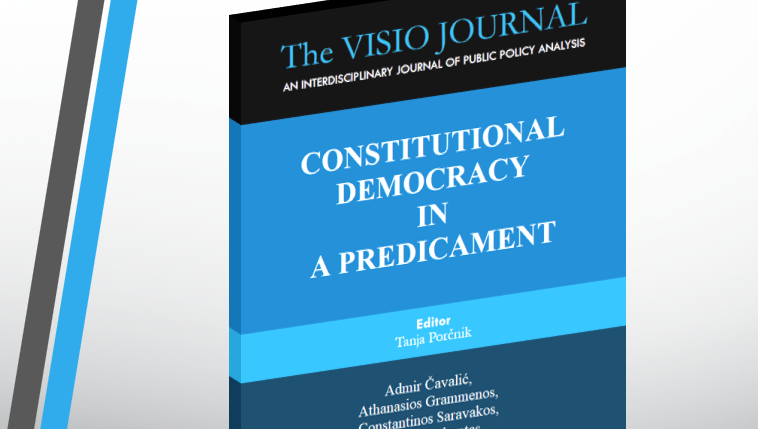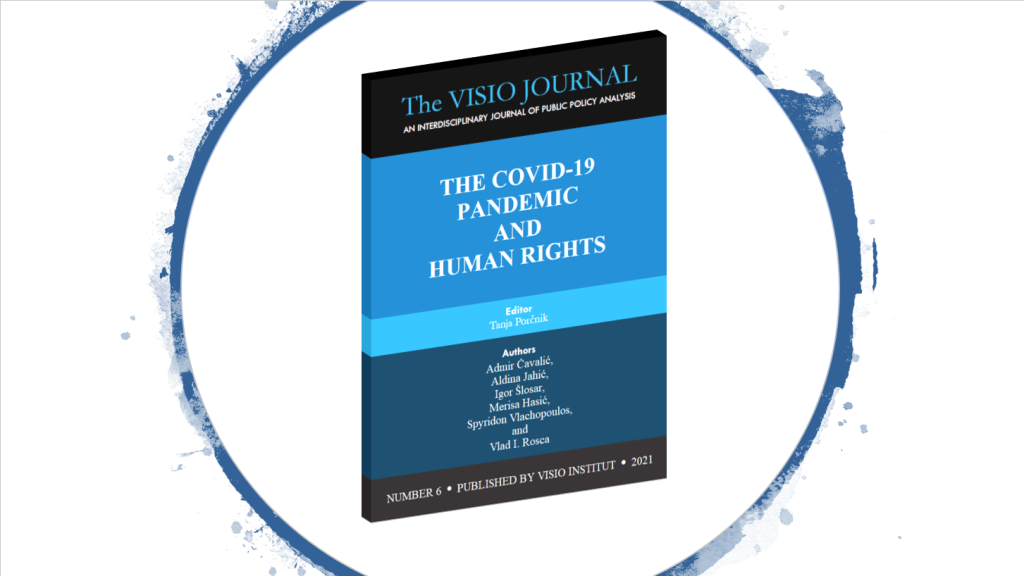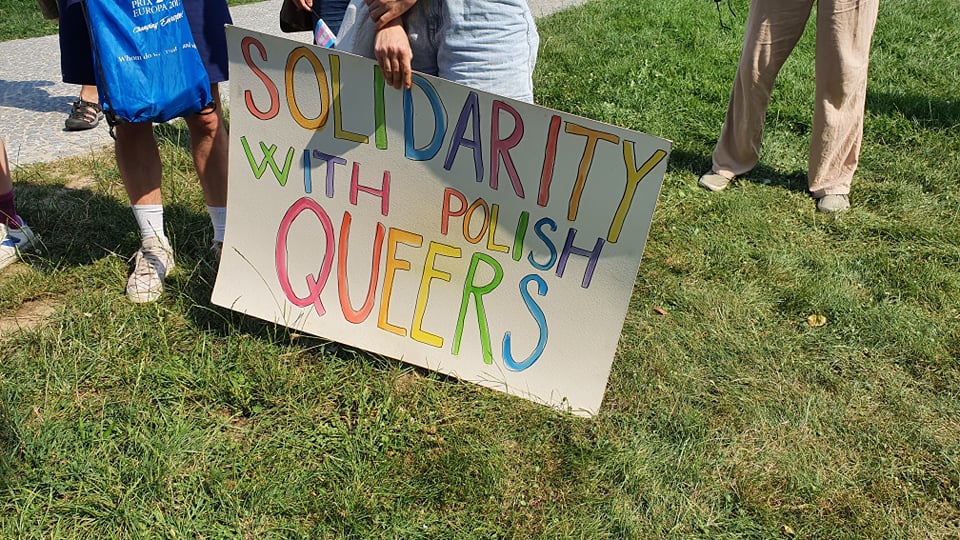
State Institutions as Playground for Populism: Case Study of Western Balkans
BY
Visio Institut / January 16, 2023
The paper focuses on the concept of populism in practice in the countries of the Western Balkans, mostly in Serbia, Montenegro, and Bosnia and Herzegovina, and the use of state institutions and government-controlled media to propagate populist narratives. The basic research question relates to the nature of this populism, in the context of the theoretical framework of the given term, as well as the future challenges of the region.








